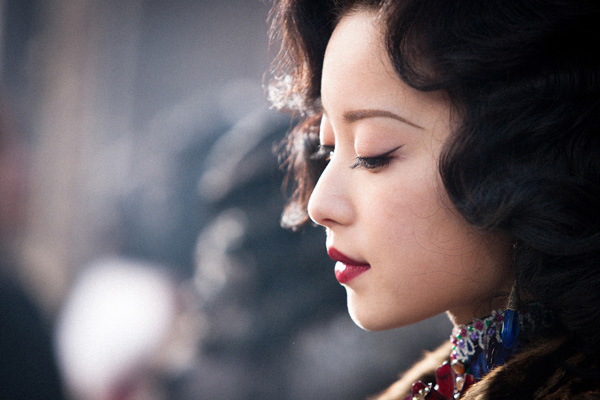 |
|
A scene from the film The Flowers Of War [Photo/Mtime] |
"One of our goals is to preserve survivor testimony as well as we can, to make sure that it's accessible to future generations to continue to educate future generations," Kia Hays, project manager of New Dimensions in Testimony from the USC Shoah Foundation, told Xinhua.
In partnership with the Nanjing Massacre Memorial Hall, the foundation has dedicated itself to preserving the testimonies of the remaining fewer than 200 survivors of the Nanjing Massacre.
"This is very enlightening, educational, and obviously very emotional. That poor woman went through a lot in her life. I'm proud of her. She's done well and had a good long life, considering the rough start," a filmgoer called Jonny Pierce told Xinhua as he was leaving the theater.
Another filmgoer, Stephanie Erdahl, praised the film as a very profound, moving work, saying that the depictions looked very real.
"Her courage was astounding. I did not know this part of history before, so I'd like to research further. I'm interested in learning much more," said Erdahl.
"My hope is that this film is seen as a symbol of the power of passing down family history to bridge generations and preserve our shared history, in order to know our past and ourselves better, and to never forget," Roth said in her statement about the film.
Xia agreed. "Why do you need to remember this history?" she asked her seven-year-old great-grandson at the end of the film. Leaning close to him, she answered her own question, "To have peace. No more war."